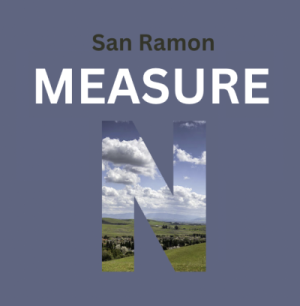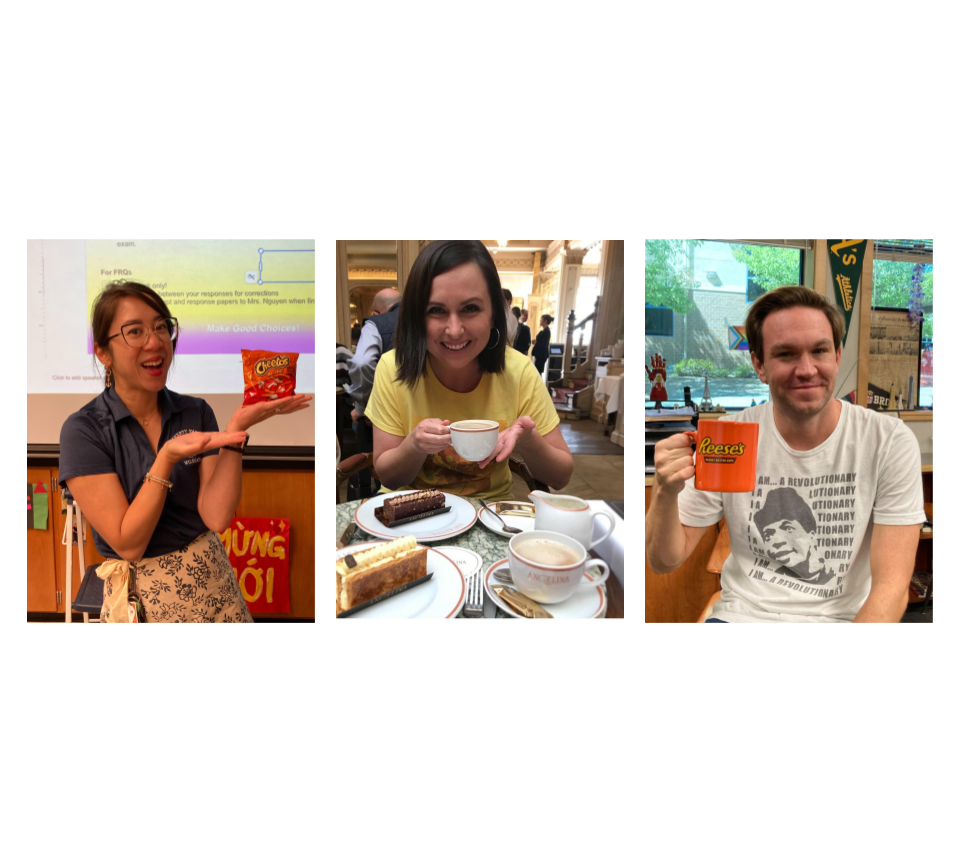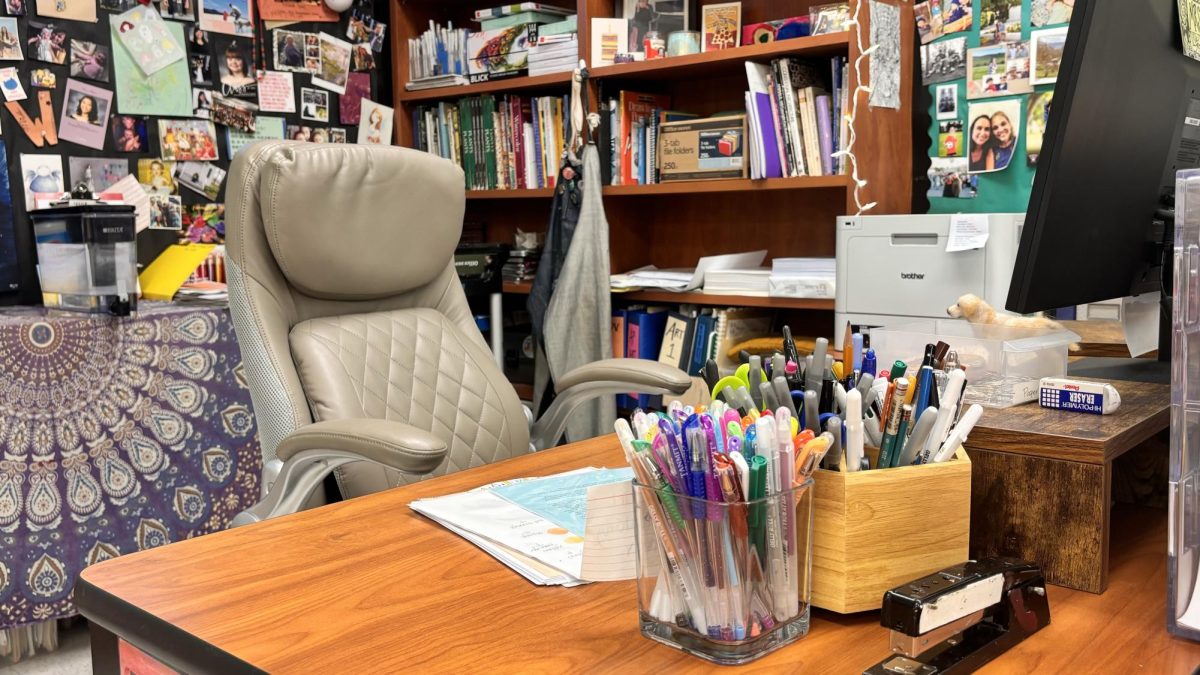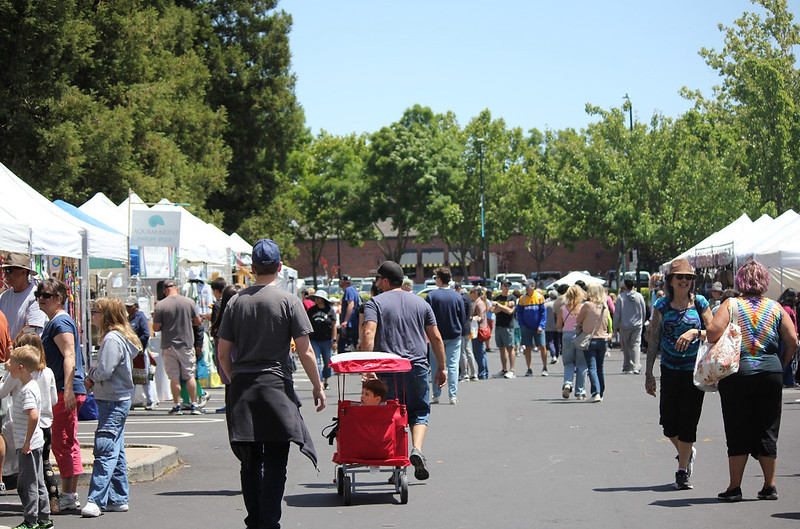
On Nov. 5, San Ramon Valley Unified School District (SRVUSD) voters will have the opportunity to weigh in on Measure N, a 1% sales tax aimed at maintaining the safety and cleanliness of the San Ramon community.
According to the ballot, Measure N proposes “local funding to maintain City of San Ramon programs, services, and facilities,” and will largely impact public safety, crime prevention, traffic enforcement, and park maintenance, amongst other key issues identified by residents. The tax will provide approximately $16 million annually to the city for 10 years, with all proceeds going into the City’s General Fund.
Specifically, Measure N addresses three of San Ramon’s greatest needs: public safety, the maintenance of streets and roads maintenance, and the conservation of parks and open space. The funding is intended to support crime prevention programs, traffic enforcement, construction, and the 58 parks and trails in the city. As SRVUSD currently relies on sales tax revenue to fund many of these public services, the funds they receive will contribute to the maintenance of communal facilities.
Although the San Ramon City Council unanimously voted to place Measure N on the ballot, there have been mixed reactions that question its specificity and effectiveness.
Former Vice Chair Susie Ferris-Inderkum and Former Mayor Mary Lou Oliver are amongst those arguing against the passing of Measure N, citing the “severe economic uncertainty, extremely high living costs, and multiple tax measures on this same ballot” as reasons not to consider the measure. Further, Measure N is a one percent addition to a 8.75% existing sales tax, leading some San Ramon residents to characterize it as unnecessary.
However, the proposers of Measure N have set multiple oversight conditions to ensure its equitable implementation. These include transparency, fiscal accountability, and local control of factors.
All funds are required to stay within San Ramon rather than contributing to state funding. Further, a public report of the measure’s revenues, expenditures, and audits is required to be shared with the city annually. This report will be subject to review by residents in order to promote fair and equitable oversight practices. Similarly, the measure’s renewal will be subject to voter approval after 10 years, ultimately handing power back to the voters.
While Measure N is set to accumulate millions of dollars from residents’ funds if passed, City Attorney Martin Lysons wrote that “sales of certain foods, medicines, and necessities of life” would be exempt from additional taxes. This ultimately benefits residents by limiting the amount they are taxed on basic necessities.
If Measure N were to fail, the city would potentially have to cut services that contribute to the high standard of living in San Ramon, including crime prevention methods, road maintenance, and sustained public safety.





